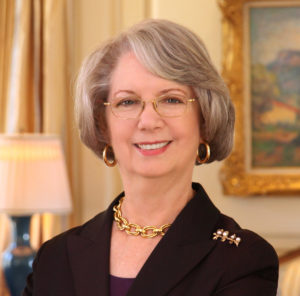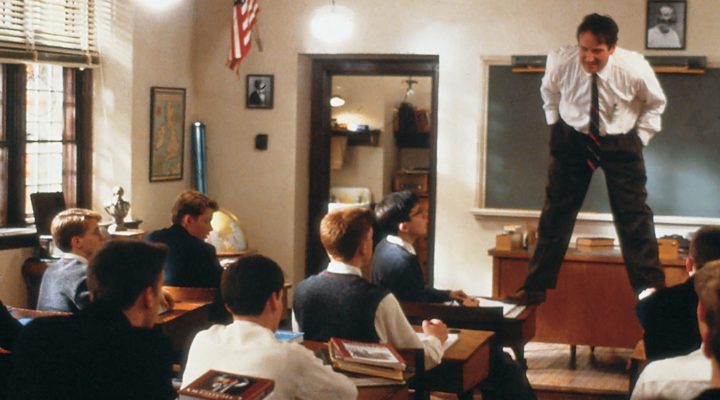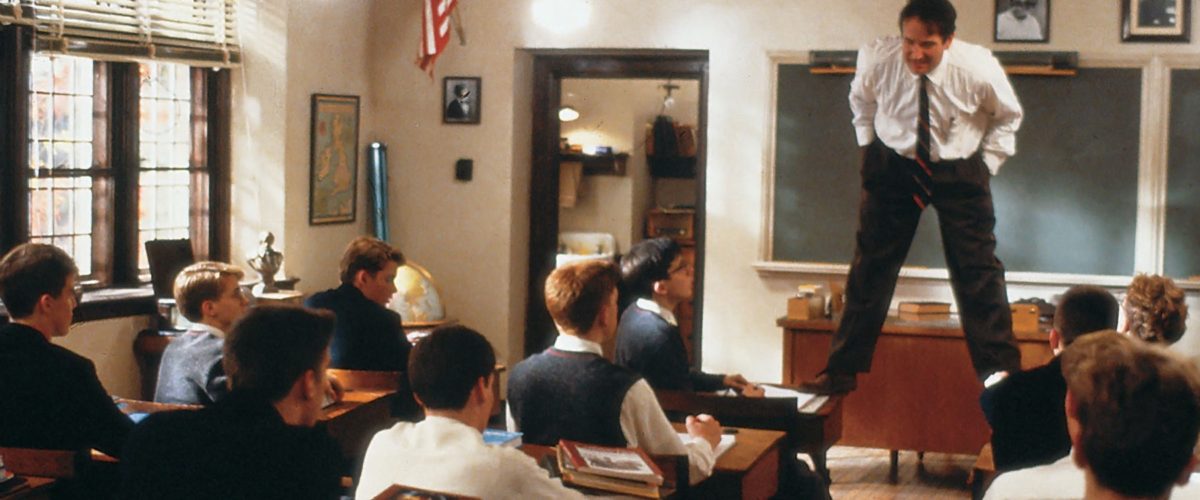As is my custom, I poured my first cup of coffee and sat down in my favorite chair to check my emails and my friends’ activities on Facebook and Instagram before settling in with the morning news. To my shock, the subject line of the top email read: “IN MEMORIAM ROBERT STOPPENBACH.”
The vaccine came too late. I didn’t get back to London in time.
This is a strange bit of grief I am experiencing. Why am I shedding tears for a round-faced, pink-cheeked, white-haired Dutchman who sold wonderful French art in London? Such an unlikely friendship, and although it was certainly a transactional relationship, it was more than that.

Ella Prichard
Ten years ago, less than a year after Lev’s death, I went on an art tour to the Netherlands and Paris. At an art show in the medieval university city of Maastricht, our tour leader introduced me to Robert, and I bought a pastel drawing to hang in my recently purchased condo in Dallas. In the years since, every trip to London has included a stop at the small gallery near Buckingham Palace, usually followed a few weeks later by a crate showing up at my front door. I met Robert’s wife, and our short visits often included teatime. Exactly one year ago, Robert drove into London to meet my granddaughters and me at his gallery.
I am thankful for that visit because it was our last. Over the long months of the pandemic, I have checked on him from time to time, ending every email, “As soon as it is safe, I am coming to London!” When people ask me where I want to travel when it is safe, I always answer, “London!”
Now it’s too late. In this strange grief I feel, I grieve the loss of a man whose honesty, integrity and fairness I could trust. How do I replace that with a stranger? But I also grieve the larger picture. My hopes and expectations are not to be. My desire to return to London is dampened. The London of tomorrow will not be the London of yesterday. And I have no one with whom I can share my grief.
“But I also grieve the larger picture. My hopes and expectations are not to be.”
2020 has been a year of so many regrets, so many losses. So many people and experiences that we always took for granted are gone. There are empty places at our tables; there are empty buildings that favorite restaurants, shops and cultural institutions once occupied. We cannot plan our tomorrows with any certainty at all.
Perhaps that is the lesson we need to learn from the pandemic. Carpe Diem … seize the day. Paul W. Armes, my pastor from 1987 to 1996, always titled his first sermon of the new year “Carpe Diem.”
Don’t procrastinate. Don’t regret later what you could have done but didn’t. We all have lists of regrets, don’t we? The people we didn’t see, the things we didn’t do. Optimistically, our lives often match the Broadway tune, Tomorrow, tomorrow, there’s always tomorrow…
In my melancholy, I return to the letter from James, the brother of Jesus: “Come now, you who say, ‘Today or tomorrow we will go to such and such a town and spend a year there, doing business and making money.’ Yet you do not even know what tomorrow will bring. What is your life? For you are a mist that appears for a little while and then vanishes.”
Numerous friends worry that by the time they can travel again, they will not be healthy enough to do so. What is the trip you planned to take “someday”?
A great-grandmother told her daughter, “I haven’t seen you in two years, and I could die of COVID before I see you again. I want to see you before I die.”
Grandmothers tell me, “I haven’t seen my grandchildren in a year … two years … .”
Whom do you want and need to see again before you — or they — die? Have you procrastinated about making or updating your will? Too many people have. Is there an estranged relationship you need to mend?
I wish I had spent more time this year nurturing my friendships and staying in contact with extended family instead of using my isolation to dig through the years of paper that have accumulated.
“I need to shift my post-COVID hopes from the next big trip to the people I want and need to see again.”
I need to shift my post-COVID hopes from the next big trip to the people I want and need to see again. In all the talk this year of the “vulnerable elderly” and with my 80th birthday approaching, I am more aware of my mortality than ever before. I remember the old melancholy hymns of yesterday, out of favor in churches today, and today one written by an Englishman during the Victorian era speaks to me:
Now the day is over,
Night is drawing nigh,
Shadows of the evening
Steal across the sky.
Jesus, give the weary
Calm and sweet repose;
With thy tend’rest blessing
May our eyelids close.
Grant to little children
Visions bright of thee;
Guard the sailors tossing
On the deep blue sea.
Comfort ev’ry suff’rer
Watching late in pain;
Those who plan some evil
From their sin restrain.
When the morning wakens,
Then may I arise
Pure, and fresh, and sinless
In thy holy eyes.
Ella Wall Prichard is a journalism graduate of Baylor University who is known as a philanthropist and advisor to Baptist causes in Texas and beyond. A longtime member of First Baptist Church in Corpus Christi, she has served on committees and boards of the Baptist General Convention of Texas and the Cooperative Baptist Fellowship. She was a member of the Baylor Board of Regents and a director of the Baylor Alumni. She is the author of Reclaiming Joy: A Primer for Widows, which recounts the story of her husband’s untimely death and her suddenly finding herself the president of the family oil business.


